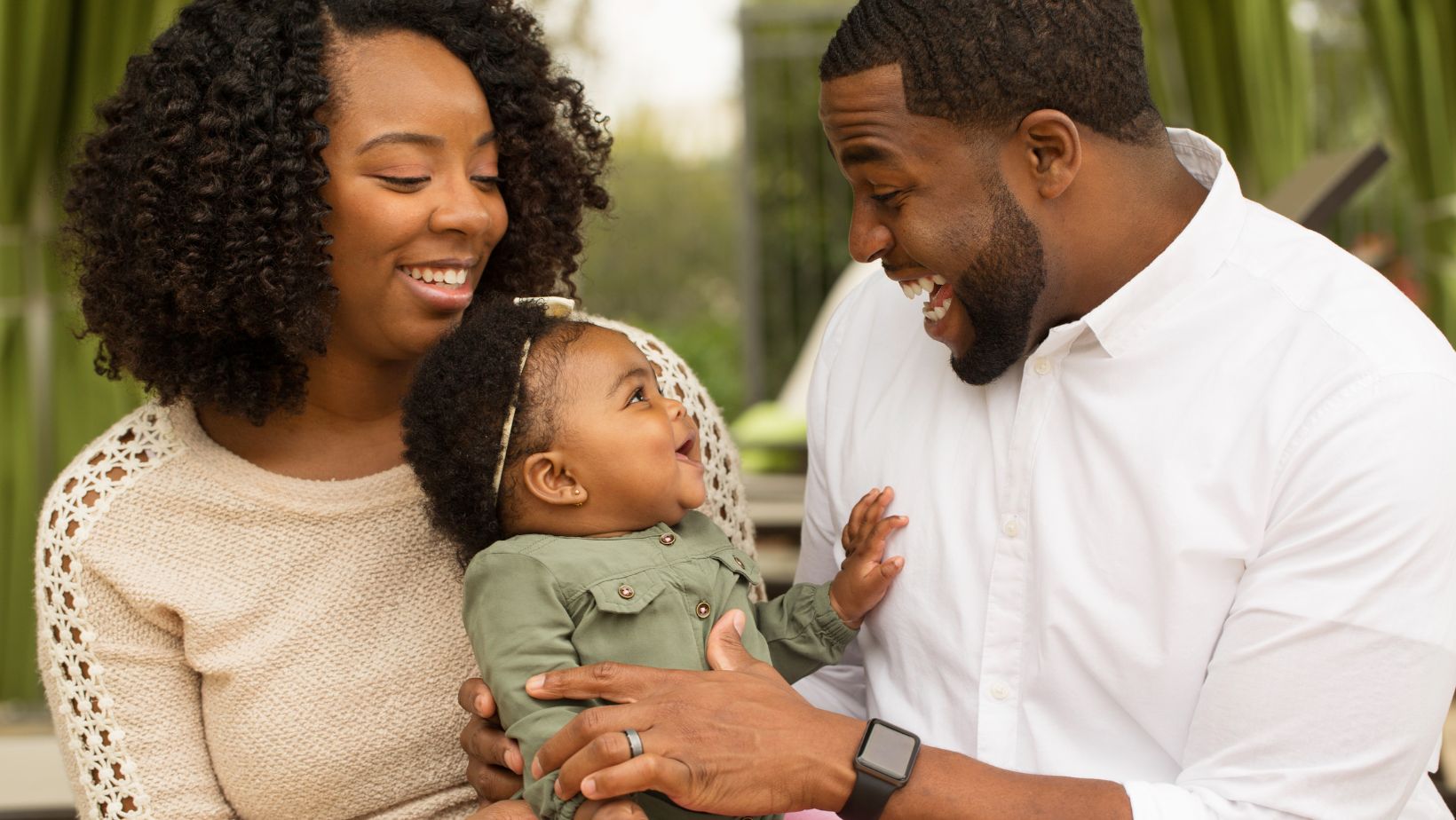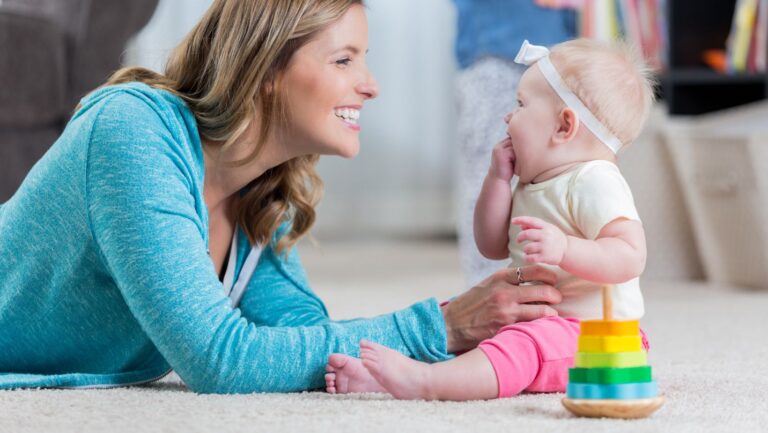Last Updated on August 3, 2024 by Nala Thorpe
The Magic of First Words
Every parent eagerly awaits the moment their little one utters their first word. While ‘mama’ or ‘dada’ might be music to their ears, it’s only the beginning of a rich journey into language development. The toddler years are a golden period for linguistic growth, and as caregivers, there’s much we can do to nurture and encourage this process.
Exploring Varied Environments: A World of Words
In places like childcare Liverpool, professionals often emphasize the significance of exposing toddlers to diverse environments. It’s in these new settings, amidst new faces and activities, that toddlers gather a plethora of experiences, which in turn, enrich their vocabulary and conversational skills. But, exposure is just the tip of the iceberg. What other strategies can enhance language development?
Interactive Play: Communication Through Toys
Role Play: Toys like dolls, action figures, or play sets can be used to simulate real-life situations. Engage your toddler in dialogues during these playtimes to encourage conversation.
Storytelling Games: Create a story using toys and ask your toddler to add to it. This not only improves their linguistic skills but also their creativity.
Music and Rhymes: Singing Their Way to Words
Sing-Along Sessions: Children’s rhymes are catchy and repetitive – perfect for toddlers. Sing them regularly, and over time, you’ll find your toddler humming along or even uttering a few words.

Dance with Descriptions: While dancing to a tune, describe the movements (“jump”, “twirl”, “clap”) to introduce new words to your toddler’s lexicon.
Reading Rituals: Bonding Over Books
Daily Reading: Make it a habit to read to your toddler every day. Point to objects in the illustrations and name them.
Ask Questions: After reading a story, ask simple questions about it. “Where’s the dog?” or “What’s the bear doing?” This not only enhances vocabulary but also comprehension.
Everyday Activities: Learning in the Little Moments
Narrate Your Actions: Whether you’re cooking, cleaning, or grocery shopping, narrate what you’re doing. “Mummy is cutting carrots” or “Let’s pick some apples.”
Encourage Them to Express: Instead of predicting their needs, let them voice it. For instance, wait for them to ask for water or a toy. Even if it’s just pointing initially, it’s a step toward communication.
Social Interactions: Conversing with Peers
Playdates: Arrange regular play sessions with other toddlers. The interaction, though it might be more about gestures and less about words, is vital for language development.

Group Activities: Be it in a park or a nursery setting, group activities like a puppet show or story circle can significantly boost conversational skills.
Parents as Role Models: Be Their Language Beacon
Speak Clearly: While it’s tempting to use baby talk, try to speak clearly and correctly. It helps them pick up words faster.
Active Listening: When your toddler speaks, listen attentively. Respond with interest, and encourage them to express more.
Challenges & Patience: Every Toddler is Unique
Remember, every child is different. Some might start talking earlier, while others might take their time. It’s essential not to rush the process or compare your toddler’s progress with others. Celebrate every new word, every little sentence, and know that with your consistent efforts, you’re paving the way for their linguistic success.
Crafting Conversationalists
The journey from ‘baby talk’ to full-fledged conversations is filled with moments of joy, challenges, and immense learning – not just for the toddler but also for the parents. With the right strategies, resources, and a dash of patience, every parent can help their child embrace the world of words with enthusiasm. And in this journey, remember to cherish the babbles, the mispronunciations, and the innocent expressions, for they are fleeting moments of a beautiful phase.




